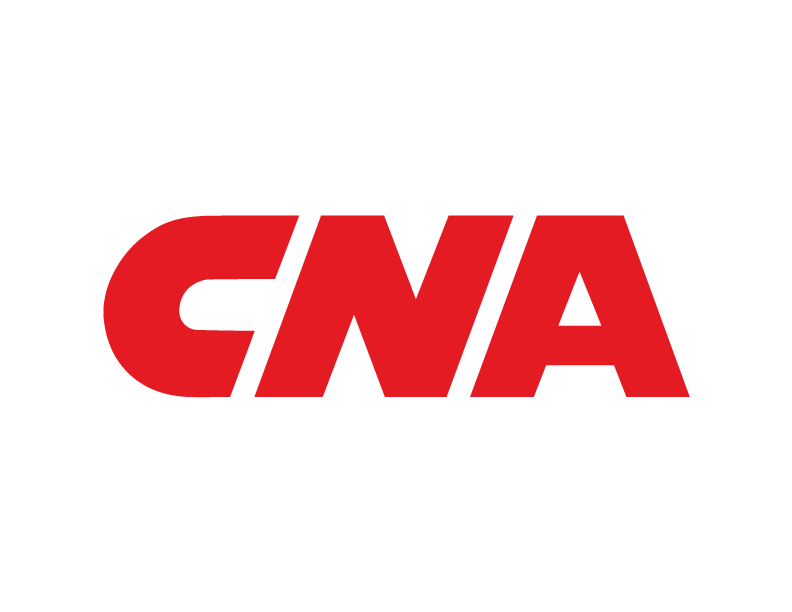7 Guidelines to Help Reduce your Employment Practices Liability Exposures
As Canadian workers continue to become more savvy about human and civil rights, it is imperative that employers clearly understand that no business is immune to employment practices liability (EPL) risks.
Businesses of all sizes are vulnerable to various employment practices liability exposures, such as age, race and gender discrimination, wrongful dismissal, sexual harassment, breach of employment contracts and more. Small businesses can be especially at risk because they are less likely to have formal HR departments, retain employment attorneys or have detailed employment policies and training programs.
Some small businesses may choose to outsource some HR functions to a consulting firm, enabling the employer to stay connected to new regulations. The use of outside counsel and HR outsourcing/consulting firms has increased in the past few years, and it has proven to be rather effective for the organization.
Whether your firm has an in-house HR team, or outsources the function, it is important you have written guidelines and procedures in place for conflict resolution, hiring process, performance management, layoffs (structured or otherwise), and more.
Here are seven basic guidelines all businesses should follow to help reduce risk to employee discriminations complaints and lawsuits:
- Ensure that employment decisions are not based on race, colour, religion, sex, national origin, disability, age, or genetic information.
- Ensure that work policies and practices are related to the job and do not disproportionately exclude people of a particular race, colour, religion, sex, national origin, disability, or age.
- Ensure that employees are not harassed because of race, colour, religion, sex, national origin, disability, age, or genetic information.
- Provide equal pay to male and female employees who perform the same work, unless you can justify a pay difference under the law.
- Respond promptly and adequately to discrimination complaints. Stop, address, and prevent harassment and discrimination. Ensure that employees are not punished for complaining.
- Provide reasonable accommodations (changes to the way things are normally done at work, such as permitting a schedule change so an employee can attend a doctor’s appointment or can observe a religious holiday) to applicants and employees who need them for medical or religious reasons, if required by law.
- Retain any employment records (such as applications, disciplinary records, performance appraisals, and exit interviews) which may come in handy when defending a claim.
Make Employment Practices Liability Coverage and Risk Control Services a Priority
It’s critical to partner with a broker that works with an insurance carrier experienced in employment practices liability risks, providing you with the coverages, expertise and services you need to mitigate potentially costly EPL exposures.
Your broker should advise you to seek help whenever you have questions about compliance with labour laws and regulations as well as when you are facing an atypical situation with an employee. A qualified EPL insurer will get involved early to ensure you are handling a matter in a way that minimizes the risk of a suit being brought against your organization.
A strong EPL carrier will also offer insurance options that include risk control services, which help reduce potential employment practices liability risks. For example, CNA Canada EPL policyholders can seek legal assistance through an H.R. Help Line, backed by a leading national labour law firm, which advises employers on all aspects of workplace law, including employment law issues.
Such complimentary risk control abilities are mutually helpful to the client and insurer. There are currently no limits to the number of times they can seek advice from the H.R. Help Line. Small to mid-size businesses needing a second opinion on a topic or new regulation (i.e., new minimum wage laws in Ontario), or wish to have outside counsel help navigate through a situation that’s arisen are finding this service extremely useful.
Learn how CNA Canada’s Employment Practices Liability coverages, services and experienced professionals can help mitigate your EPL exposures.
In Canada, products and/or services described are provided by Continental Casualty Company, a CNA property/casualty insurance company. The information is intended to present a general overview for illustrative purposes only. Read CNA’s General Disclaimer.
